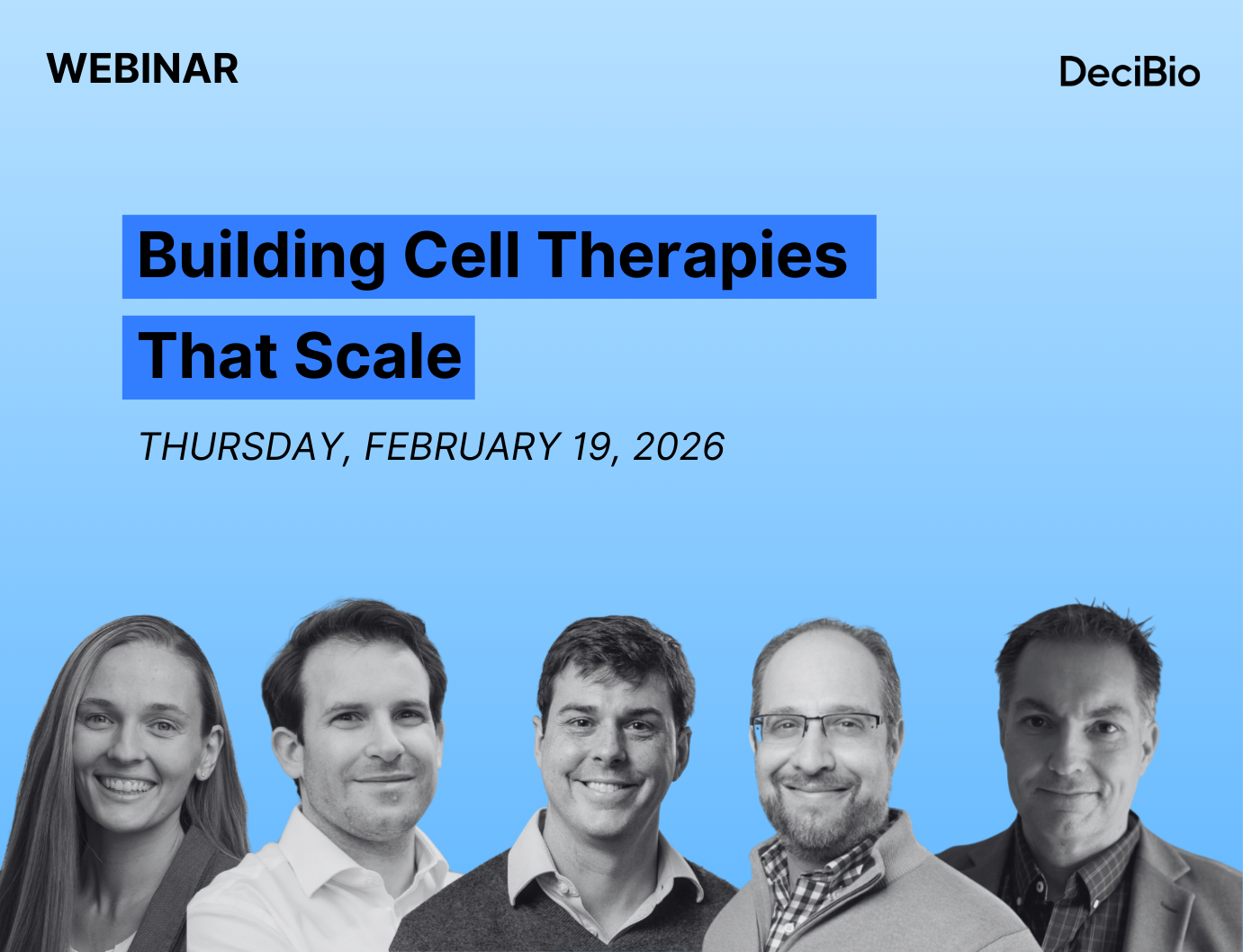Recent commotion in liquid biopsy space highlights challenges and successes
As usual, there has been a lot of commotion in the liquid biopsy market space over the past few weeks. Here is a quick summary of our thoughts on these updates.
Genomic Health (GHDX) to drop Oncotype SEQ from its portfolio
Although perhaps not the liquid biopsy market shakedown that we are expecting, but an interesting strategic move for GHDX to double down on less crowded markets.Oncotype SEQ, launched mid-2016, was planned to be an NGS test for 17 genes implicated in patient treatment decisions. There seems to be limited awareness and utilization of the Oncotype SEQ assay among clinician interviewees, across both academic and community hospital settings. It’s unclear to us at this time whether this is due to GHDX devoting insufficient marketing and sales resources, whether the assay has failed to gain traction in the clinic due to dominance of other providers such as Guardant Health (prior research has indicated that customers are highly sticky and resistant to switching), or whether there were issues with the Oncotype SEQ technology that still needed to be overcome.Nonetheless, the market for ctDNA NGS panels is already crowded, and reimbursement landscape looks grim, especially for smaller panels (CMS would pay ~$600 for a 17 gene panel, vs. potentially ~$2900 for >50 gene panels).Meanwhile, GHDX will be adding Epic Science’s AR-V7 blood-based assay (rebranded as Oncotype DX AR-V7 Nucleus Detect) to its portfolio. AR-V7 seems to be an up-and-coming biomarker for prostate cancer, not yet implicated in cancer care guidelines, with limited competition. GHDX has also partnered with Biocartis to develop an IVD version of the Oncotype DX Breast Recurrence Score assay for the cartridge-based Idylla platform, and its possible that GHDX may look to a similar partnership approach for future liquid biopsy assays.
ASCO and CAP released a joint report detailing their views on use liquid biopsy assays
The report may be viewed by some as rather pessimistic, but we agree with the points made in the report (summary of report here) that demonstration of clinical validity and utility tends to be limited, and cancer screening, early-stage cancer detection, residual disease detection, and treatment monitoring liquid biopsy assays are not yet ready for clinical use, despite the excitement around these application areas.Due to the lack of evidence to support therapy selection by ctDNA results alone, we expect that the clinical liquid biopsy market to grow at a moderated pace, and tissue testing to remain the clinical gold standard when available as an option. We maintain our stance that ctDNA assays, at least within the next few years, will largely expand the oncology genetic testing market by targeting patients who are not suitable candidates for tissue testing.

Reimbursement changes (PAMA payment rates, final NCD) bodes well for some NGS liquid biopsy players
FDA-approved or -cleared, NGS-based companion diagnostics (CDx) assays for patients with advanced cancer will now be covered by Medicare, provided that the CDx indication matches that of the patient’s. See below for a nice flow chart from reimbursement expert Bruce Quinn, which summarizes which NGS tests will be evaluated under the final NCD and read his comprehensive article on the implications of the final NCD.

Although it was previously unclear whether coverage of NGS assays would be limited to tissue-based testing, we now believe that the NCD presents a major benefit to the liquid biopsy space overall. Here are a few interesting implications for the liquid biopsy space:
- Coverage conditions are favorable for liquid biopsy applications: The NCD outlines coverage for NGS testing in advanced cancers for specifying treatment options, which is exactly the patient population and application that seem to see heavy utilization of liquid biopsies to-date
- Comprehensive panels will likely benefit: From what we can gather so far, CDx assays will be reimbursed if at least one gene on the panel is approved for the patient’s indication. Reimbursement for testing of low frequency mutations will be treated on par with that of higher frequency mutations. Companies that offer comprehensive panels will likely see greater benefits due to the notably higher PAMA payment rates for >50 gene panel testing (~$2900 vs. ~$600 for ≤50 gene panel)
- MSI-H detection may become a stable of liquid biopsy panels: A CDx assay for MSI may see coverage for all advanced cancers. PGDx’s PlasmaSELECT 64 assay already has MSI testing capabilities and we expect that an increasing number of ctDNA panels will add MSI-H detection.
- Oncologists / physicians still hold the power for ordering: Ordering of NGS assays are now removed from the hands of pathologists, but this will minimally affect ordering workflows for liquid biopsy tests, as treating physicians already hold significant power in determining when to use and which assay to use.
Ultimately, the final NCD will benefit companies that move early and fast to seek FDA (and CDx) approval. Most notably, Guardant Health, already a perceived leader in the clinical liquid biopsy space, announced last month their intent to seek FDA approval by year-end. We expect other major competitors to follow suit and will be following the space closely.We welcome your feedback. Did you find anything in this article interesting or surprising? Do you have suggestions for the content of future articles? Please let us know!
You may also be interested in reading our recent blog post on liquid biopsy trends. For a more comprehensive overview of the field, download our liquid biopsy white paper and a sample of our competitive intelligence tool that tracks companies in the field. Keep up-to-date with liquid biopsy news by signing up for our weekly newsletter.
Author | Susan Zhou

Susan is a Senior Analyst at DeciBio with experience in variety of consulting engagements within the molecular diagnostics industry, including market sizing, opportunity assessment, and go-to-market strategy. Susan is passionate about supporting innovative diagnostic technologies. Connect with her on LinkedIn.Disclaimer: Companies listed above may be DeciBio clients and/or customers.

%20(1).png)





